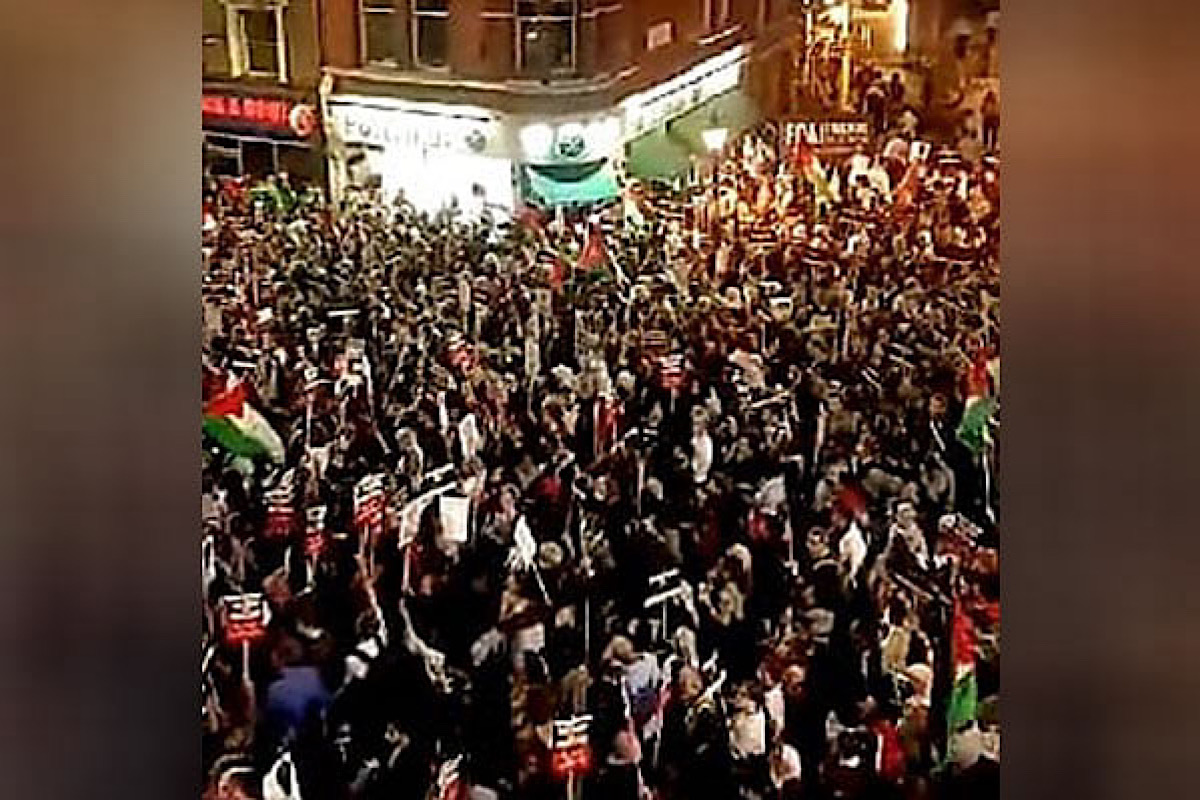In a modern world marked by the sway of technology, the streets persist as a dynamic arena for upholding democratic rights. Recent events, such as the trucker protests and the farmers’ agitation in India, spotlight the unmistakable influence of street politics in challenging the existing order. The trucker protests against hitand-run penal provisions in the Bharatiya Nyay Sanhita (BNS) stand as a contemporary testament to the potency inherent in the collective voice of citizens. The decision to conclude the nationwide strike after engaging in discussions with the Ministry of Home Ministry underscores the pivotal role of consultative processes in shaping legislation.
This moment underscores a crucial lesson. Unilateral governmental actions, detached from stakeholder involvement, risk estranging the very populace they aim to serve. The critique of legislative strategies employed by the authorities, seen in instances like the CAA-NRC-NPR combination and the farm laws, reveals a pattern of creating targets through coercive legal measures. The aftermath, epitomised by the protracted farmers’ agitation, echoes a sentiment that reverberates globally ~ legislation bereft of consultation can sow discord and dissatisfaction. What emerges from this scrutiny is an appeal for the political opposition to draw insights from effective protest movements. The farmers’ agitation, deeply rooted in cultural solidarity, exemplifies the patient success of Satyagraha politics.
Advertisement
The encouragement for the opposition lies in assimilating the lessons from sustained socio-political movements, recognising the diverse demographics involved, including the pivotal roles played by youth and women. The narrative extends beyond immediate circumstances, drawing parallels with global movements like Black Lives Matter. It underscores the necessity for an actively engaged citizenry to counterbalance institutions that may stray from the principles of the rule of law.
The argument evolves, advocating for a focus on strengthening people rather than institutions, echoing historical examples like the Right to Information Act and the Scheduled Tribes and Other Traditional Forest Dwellers Act. The contention posits that a decentralised approach, involving grassroots-based community organisation, remains a robust strategy against excess. While acknowledging the hurdles, the narrative encourages the opposition to build trust, partake in collective deliberation, and leverage the force of people’s power. It asserts that, in the face of a defining national election, the opposition must grasp the socio-historical realities and the vigour of street politics in safeguarding the democratic fabric.
In essence, this perspective constructs a compelling narrative that interlaces recent events, historical precedents, and global movements to articulate a persuasive argument for people-powered democracy. It serves as a rallying call for a more conscientious, engaged, and resilient opposition, steering clear of the pitfalls of unilateral legislation and steering towards a democracy invigorated by the vitality of its streets. The streets, it seems, continue to echo the heartbeat of democracy, urging us all to listen and respond.
